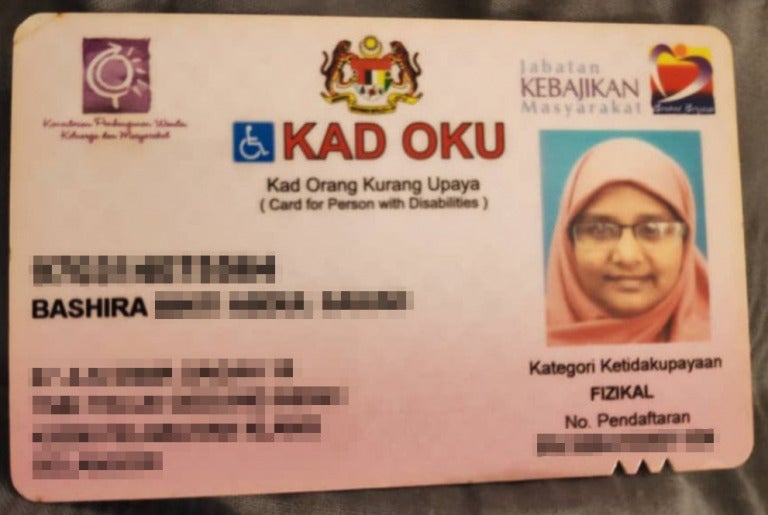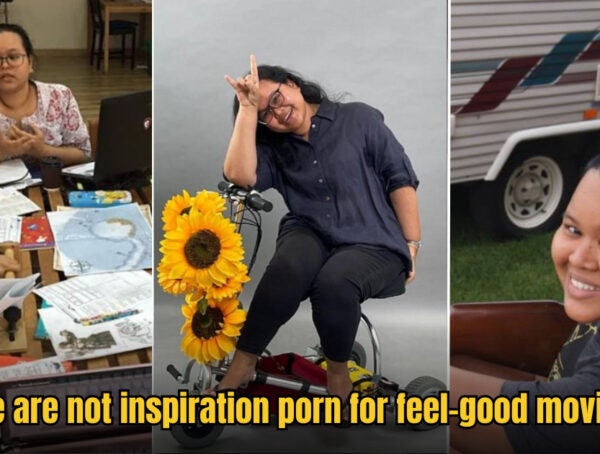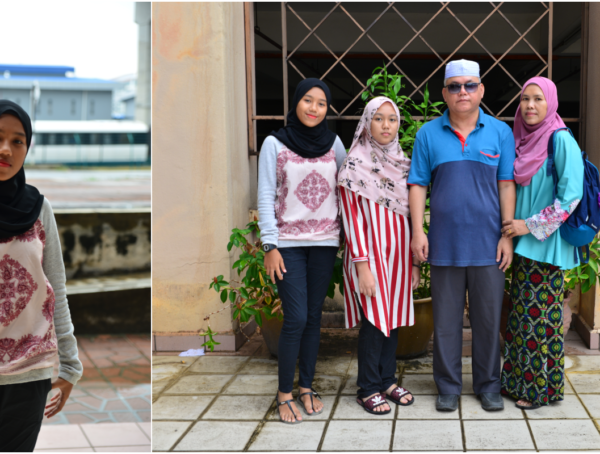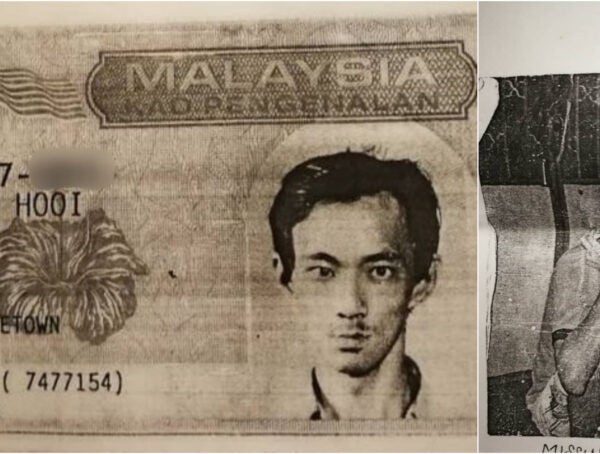Disclaimer: In Real Life is a platform for everyday people to share their experiences and voices. All articles are personal stories and do not necessarily echo In Real Life’s sentiments.
Ableism is rarely addressed in Malaysia. After all, disabled people exist only as inspiration porn for many. The needs of disabled people are often left behind in various aspects of society, despite progress and development.
At worst, many Malaysians still see the disabled community’s needs as a burden, a drain on society’s resources. At best, we are supportive but have no idea on how to channel that support.
Here we go into the misconceptions and ways discrimination occurs against the OKU of Malaysia:
1. Registering as an OKU is full of red tape
There is a lot of bureaucracy around the process of registration as an OKU. Many disabled Malaysians wish the process was a lot easier (and cheaper), and that more disabilities could be recognised.
I encountered the same problems in registering as an OKU. I have an extreme sleep disorder that is difficult to control as it is non-circadian. I have been on everything from Xanax to Ambien at the highest strengths. Sedatives don’t work on me.
Strangely, sleep disorders weren’t recognised as a disability.
There were other medical issues I have that qualify me for OKU status, but so far the process has been lengthy and costly, and I’m not even there yet.
And of course there are yet others who have tried to register but are intimidated by how daunting it is, and have given up consequently.
There are many more people who are disabled than you think.
2. There is widespread discrimination
Just yesterday, there was news of discrimination against a disabled person in the workplace. But this is just a symptom of a bigger issue: that it does happen on a larger scale than many are aware of. There are many who are reluctant to work with a disabled person because of the “burden” they impose: their disabilities having to be accommodated.
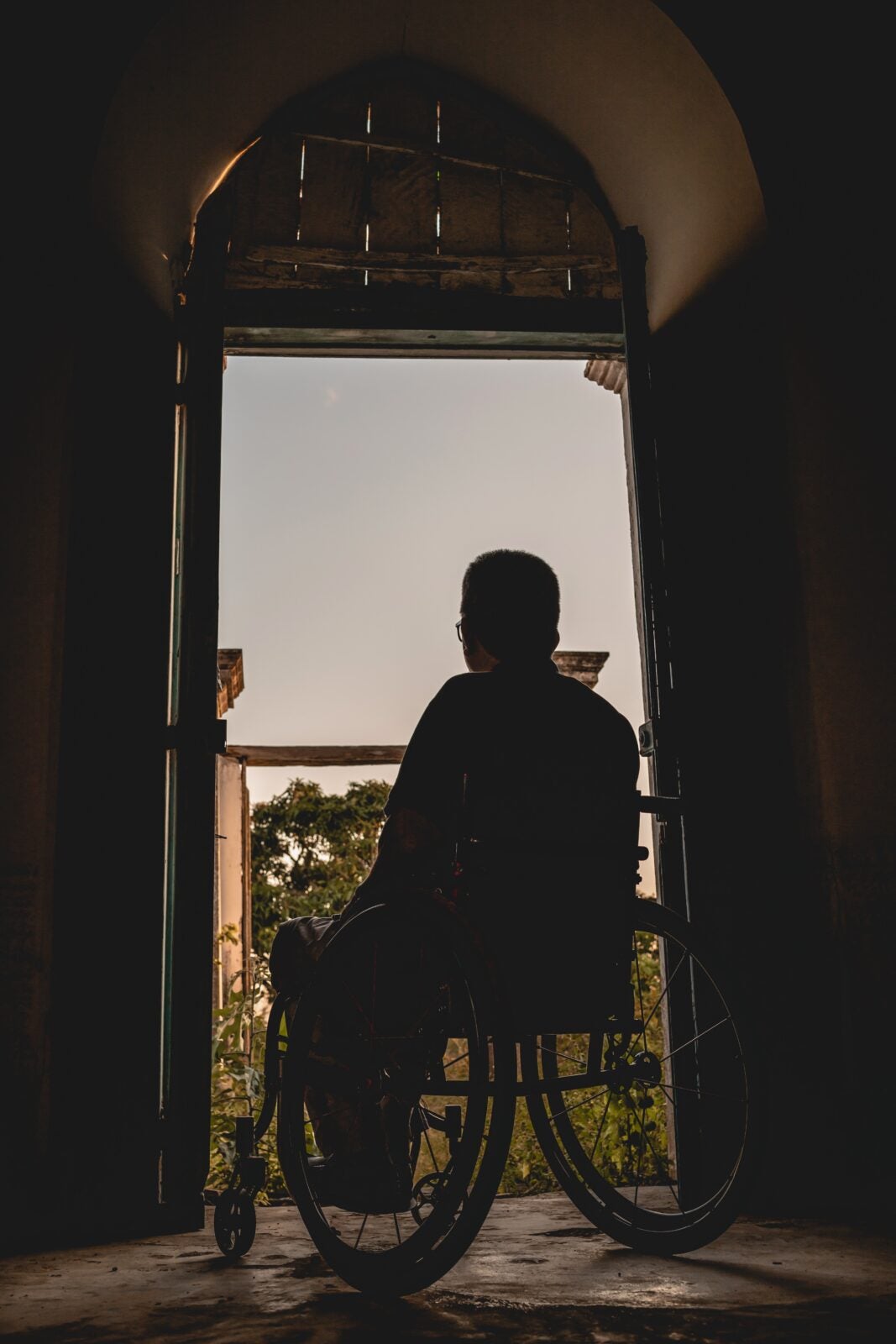
Ableism is systemic by nature: everything has been built for only the able-bodied. Try walking around anywhere in Malaysia for long periods of time. Besides almost everywhere in Malaysia being impossible to walk, there are also a lot of places that can only be accessed by stairs.
3. Even well-meaning people can do more harm than good
There are many able-bodied people who don’t really know how to act around someone who is visibly disabled. A great example of this would be how some people treat wheelchair users: immediately pushing their wheelchair without speaking to the person in it.
Wheelchair users hate this. To many of them, the wheelchair is like an extension to their body – imagine if some stranger started pulling on your sleeve the direction you’re heading in to help you walk faster!
If you really want to help, add your voice to the causes led by the OKU: currently, the Malaysian disabled community is hoping for amendments to be made to the Akta OKU that will make life a lot better for everyone. And I mean, everyone.
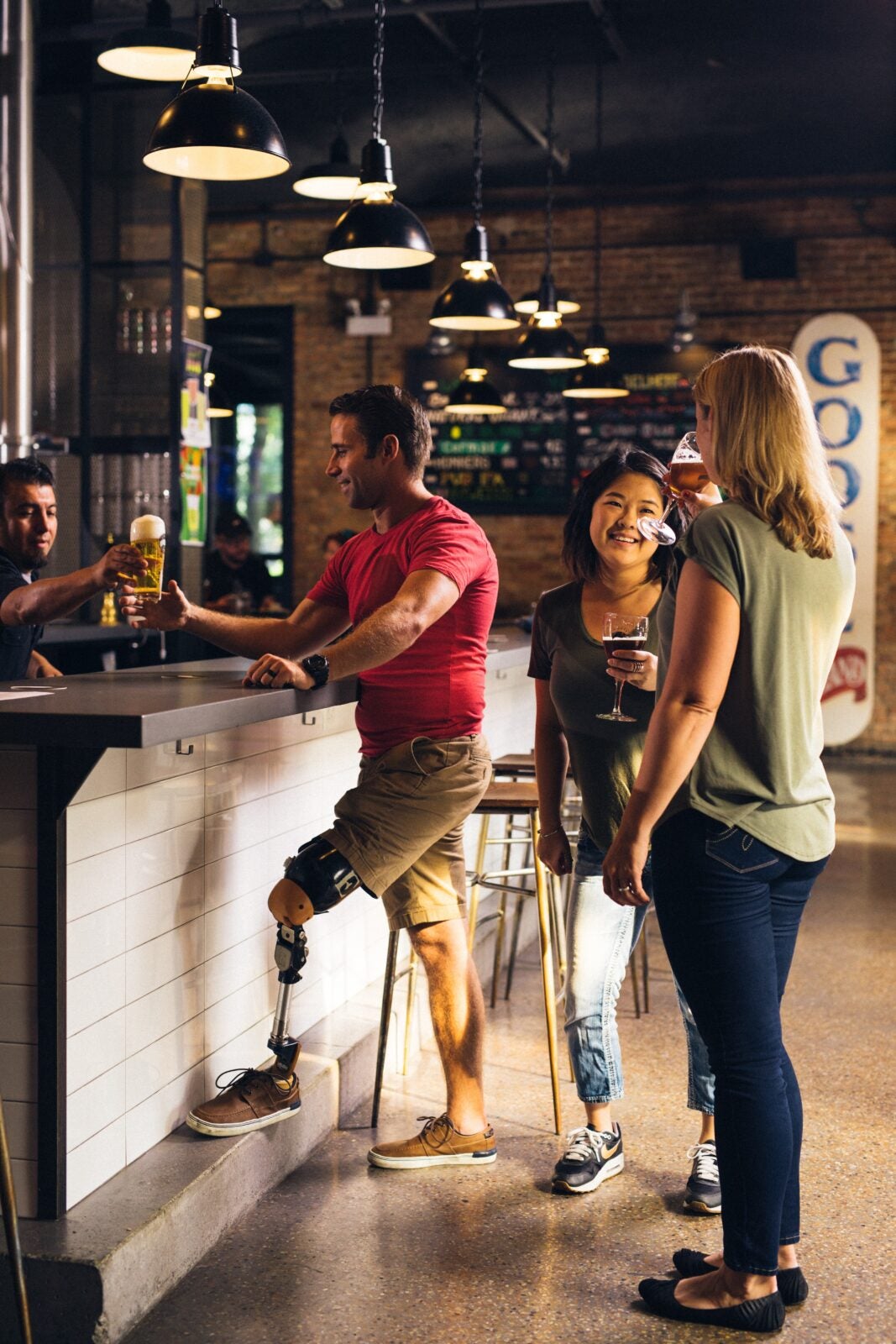
4. Malaysia has a huge problem with accessibility
Anyone with an elderly in a wheelchair knows this: there’s always a car parked in front of the ramp or the ramp is way too steep. Now think about other disabilities and the last time you saw an accommodation for it.
And then there’s also architecture that is actively hostile: like the flooring of some fancy malls in KL where it’s uneven.
The huge lack of accessibility also makes it hard for disabled people to find work because there’s always an able-bodied candidate who can do the job without needing accommodations.
The disabled community is unique in one respect: that anybody can join it regardless of age, gender, race… at any time
This is why OKU rights are Malaysian rights – and they allow our elderly to age gracefully, as it is natural for a person to gain disabilities as they age. There are many who have been disabled by the effects of COVID as well, leading to it being called a “mass disabling event”.
Accessibility allows all of us to live our lives with dignity, no matter what happens.
For more stories like this, read: I’m Sick Of Driving To Get Anywhere – Reasons Why Malaysia Being So Car-Friendly Is A Bad Thing, I’m A Malaysian Woman Whose Family Abandoned Me Because Of The Voices In My Head, and I’m A Malaysian Woman Whose Family Abandoned Me Because Of The Voices In My Head.
You might also like
More from Real People
‘A RM100 fee cost a company 5 years of revenue’ shares M’sian
This story is about a Malaysian who learned that bureaucracy can be defeated simply by not arguing with it.A billing …
‘I quiet-quit, upskilled, and tripled my salary,’ shares M’sian engineer
This story is about a Malaysian who learned that loyalty without leverage leads nowhere in the corporate world.After years of …
‘I did everything right, and it still wasn’t enough’ shares M’sian graduate
This story is about a Malaysian graduate navigating big dreams in a job market where a degree no longer guarantees …






